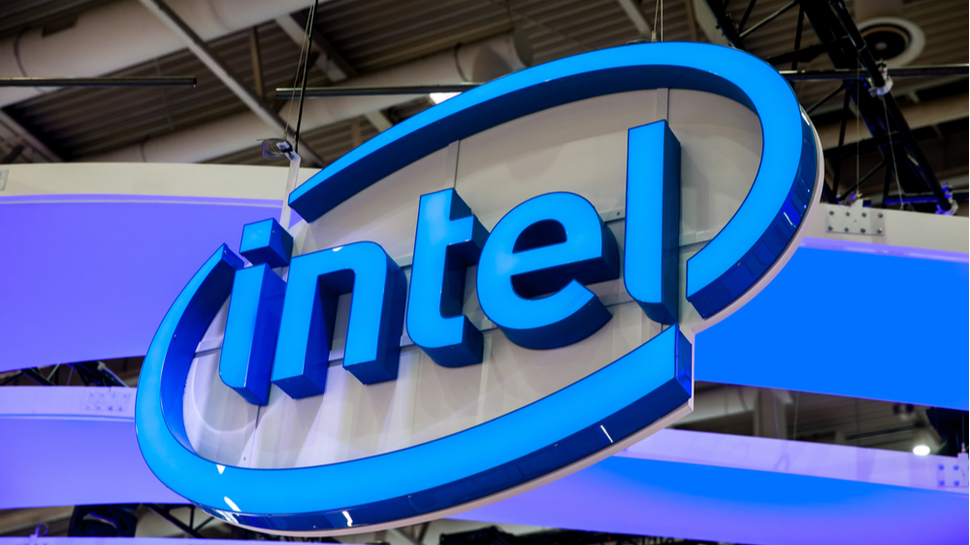What an irony! AMD could potentially block Intel deal by invoking agreement put in place to prevent its own sale
If Broadcom wants to acquire Team Blue it will have to negotiate a new contract with Team Red

- Several big firms are interested in acquiring Intel, reports claim
- Suiters potentially include TSMC and Broadcom, but AMD could block them
- A deal dating back 16 years will require any buyer of Intel to negotiate with AMD
Recent reports have claimed Taiwan Semiconductor Manufacturing Co. (TSMC) and Broadcom are separately considering deals to split Intel apart, with Broadcom interested in the chip design and marketing side of the business and TSMC potentially interested in the chip factories. That story came on the heels of a report from eeNews Europe, which suggested an alternative scenario in which Intel could merge with GlobalFoundries, a firm born out of AMD’s manufacturing division that was spun off some years back when the then-struggling chipmaker decided to go fabless.
There’s no confirmation that Intel is going to be sold off to any of the potential suitors rumored to be sniffing around, but there are obstacles that any buyer will need to be aware of. One, of course, is that the US government isn’t likely to be keen on allowing a foreign entity like TSMC to run Intel’s chip business. Another issue, which Digit to Dollars brought to light back in November 2024, could further complicate any deal.
Broad cross-licensing agreements
“We are frequently asked some version of ‘Will someone acquire Intel?’", the site noted. "At this point, we think it is highly unlikely, but these are highly unpredictable times. Setting aside all the principal considerations – like money, strategy, and regulatory approval – there are a few other hurdles. Chief among those is Intel’s license for x86.”
“Apparently, when Intel and AMD resolved their multi-decade dispute over x86, the cross-license agreement held provisions about transferability. If either company is acquired, the other has the right to cancel the license, effectively blocking the deal. When this was signed, we have to think everyone involved assumed it would be AMD getting acquired, but the provision seems to be mutual, and times change.”
Change they do indeed. While AMD is performing well, Intel… isn’t. Hence all the speculation surrounding its potential acquisition.
The broad cross-licensing agreements, which aren’t limited purely to the x86 instruction set architecture (ISA), mean Intel and AMD can use each other’s patents and will avoid accidental infringement lawsuits. There are strict rules over what they can do, so for example, Intel can’t make chips for AMD’s sockets and vice versa.
The cross-license agreement states that if either AMD or Intel merges with another firm or gets acquired, the deal ends and will require the remaining chipmaker to negotiate a new agreement with the new owner. If Broadcom were to buy Intel, that could create an interesting scenario.
Are you a pro? Subscribe to our newsletter
Sign up to the TechRadar Pro newsletter to get all the top news, opinion, features and guidance your business needs to succeed!
AMD could negotiate with Broadcom in a bid to better challenge Nvidia, but as Tom’s Hardware points out, “At present, Broadcom, armed with both CPUs and AI processors, poses a greater competitive threat to AMD than Intel, the latter of which lacks a clear AI strategy.” In terms of market capitalization, AMD currently ranks as the 83rd largest company in the world, while Intel sits at 165th. Broadcom, however, is far ahead in 11th place, which shows its industry clout.
A licensing agreement between AMD and Broadcom would be in both companies’ interests, but what form that might take is anyone’s guess right now.
You might also like

Wayne Williams is a freelancer writing news for TechRadar Pro. He has been writing about computers, technology, and the web for 30 years. In that time he wrote for most of the UK’s PC magazines, and launched, edited and published a number of them too.
You must confirm your public display name before commenting
Please logout and then login again, you will then be prompted to enter your display name.